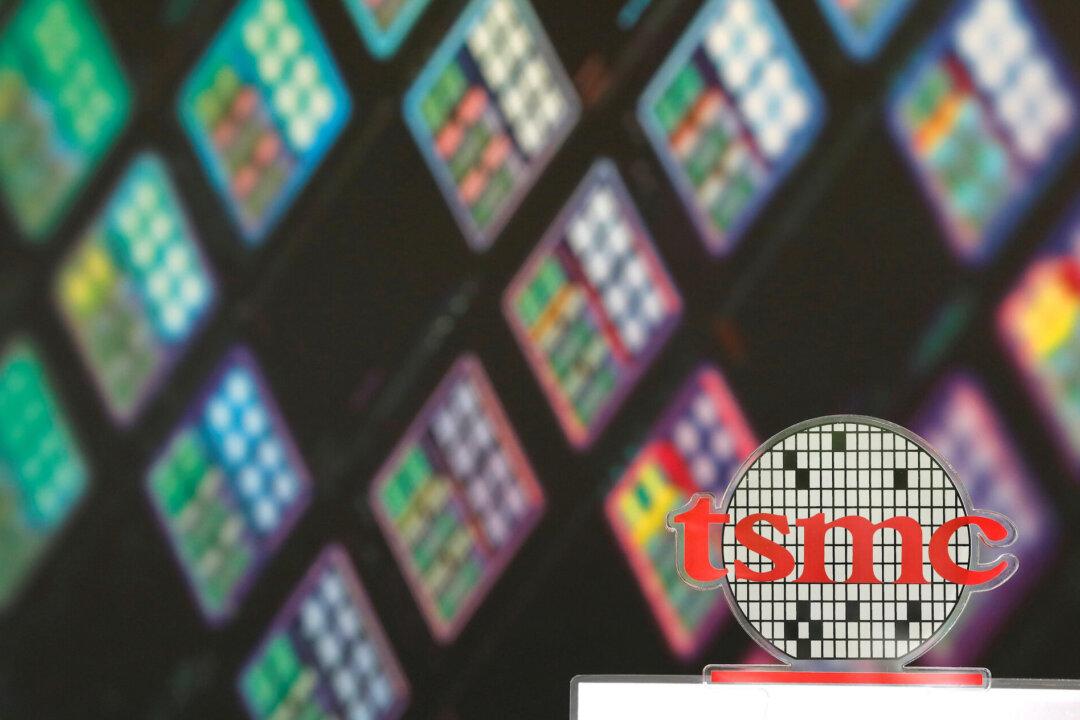Taiwan Semiconductor Manufacturing Corporation (TSMC), the world’s biggest contract chipmaker, said it will build a $12 billion factory in Arizona, creating over 1,600 jobs and boosting the Trump administration’s efforts to reduce dependence on foreign-based supply chains of key technologies.
“The TSMC facility in Arizona will increase U.S. economic independence, bolster our safety and competitiveness, and strengthen our leadership in high-tech manufacturing,” said Secretary of State Mike Pompeo, in a statement.





